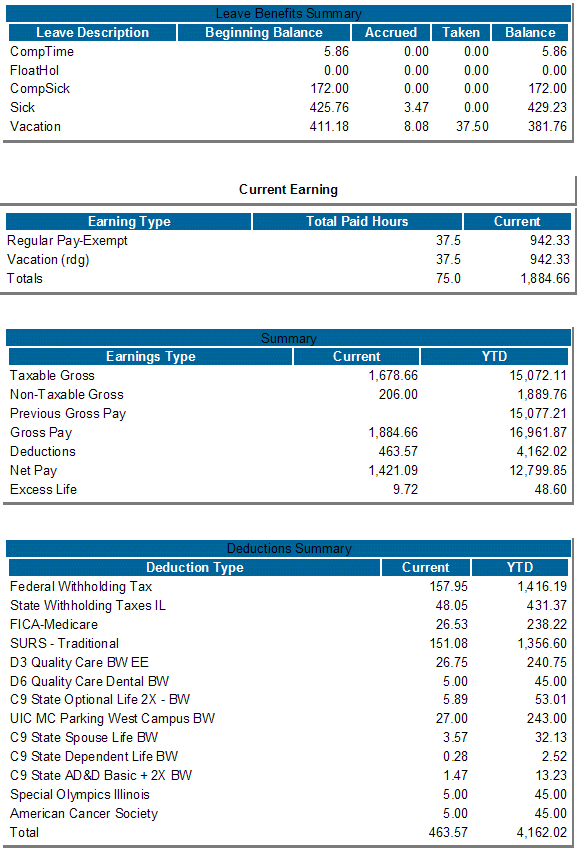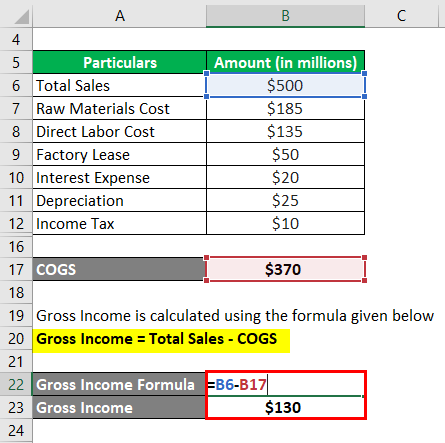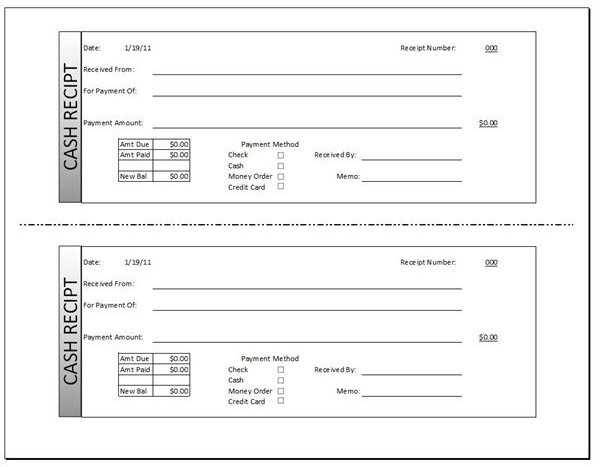
Gross income is important for both a businesses and individuals because it follows your financial history and accounting, which provides insight into your overall financial health. Side hustles, child support payments, and investments all count toward your gross income in addition to your salary.įor businesses, gross income is your total income minus your cost of goods sold.
#Monthly gross receipts example how to
In this article, we’ll define gross income and show you how to calculate it for your household and your business.įor individuals and households, gross income is your total income before your taxes or any other deductions are taken out. There are a few finance terms that you’ll need to know in order to function as a fiscally responsible adult or business owner, and one of these is “gross income.” You’ll also need to know how to calculate this number for any loan applications or financial reports you need to submit.

Gross income for both a business and an individual follows your financial history and provides insight into your overall financial health.

When you calculate gross monthly income for a business it depends on the revenue traffic that’s coming into the company.

How you calculate your gross monthly income as an individual depends on whether you are paid an annual salary or an hourly wage. Difference Between Generalist Vs Specialist.What Is The Difference Between A Job Vs.What Is Gender Bias In A Job Description?.(2) If the commission arrangement provides that the commission agent will receive a commission only with respect to sales or leases of export property, or the furnishing of services, which result in qualified export receipts, the commission agent will not take into account the gross receipts or gross income, as the case may be, derived by the principal from any transaction for which the commission agent would not be entitled to a commission under the commission arrangement. In the case of a commission agent for a principal other than a related supplier, the gross receipts or gross income of such principal shall be determined as if such principal used the same method of accounting as its agent. In the case of a commission agent for a related supplier (as defined in § 1.994–1(a)(3)(ii)), the gross receipts or gross income of such agent shall be determined as if it used the same method of accounting as its related supplier. (1) In the case of transactions which give rise to a commission on the sale or lease of property or the furnishing of services by a principal, the amount recognized by the commission agent as gross income from all such transactions shall be the gross receipts derived by the principal from the sale or lease of the property, or the gross income derived by the principal from the furnishing of services, with respect to which the commissions are derived. If, for example, a DISC receives advance or installment payments for the sale or lease of property described in paragraph (a)(1) of this section, for the furnishing of services, or which represent recognized gain from the sale of property not described in paragraph (a)(1) of this section, any amount of such advance payments is considered to be gross receipts of the DISC for the taxable year for which such amount is included in the gross income of the DISC. For purposes of paragraph (a) of this section, the total amounts received or accrued by a person shall be determined under the method of accounting used in computing its taxable income. For purposes of paragraph (a) of this section, the total amounts received or accrued by a person are not reduced by returns and allowances, costs of goods sold, expenses, losses, a deduction for dividends received under section 243, or any other deductible amounts. (2) A receipt of property in a transaction to which section 118 (relating to contribution to capital) or 1032 (relating to exchange of stock for property) applies. (1) The proceeds of a loan or of the repayment of a loan, or For purposes of paragraph (a) of this section, gross receipts do not include amounts received or accrued by a person from. (iv) Commission transactions as and to the extent described in paragraph (e) of this section. (iii) The sale at a gain of any property not described in subparagraph (1) of this paragraph, and (i) The furnishing of services (whether or not related to the sale or lease of property described in subparagraph (1) of this paragraph), (2) Gross income recognized from all other sources, such as, for example, from. (1) The total amounts received or accrued by the person from the sale or lease of property held primarily for sale or lease in the ordinary course of a trade or business, and

Under section 993(f), for purposes of sections 991 through 996, the gross receipts of a person for a taxable year are.


 0 kommentar(er)
0 kommentar(er)
